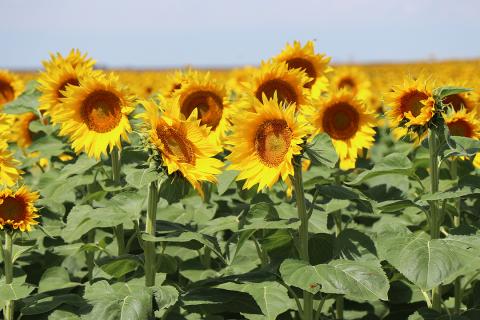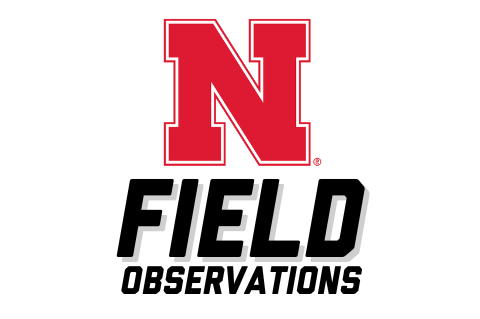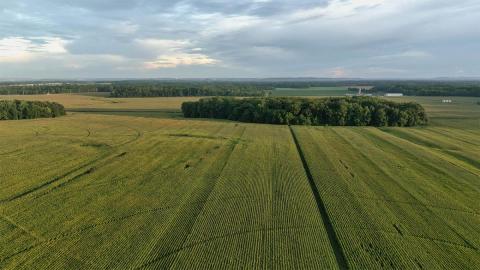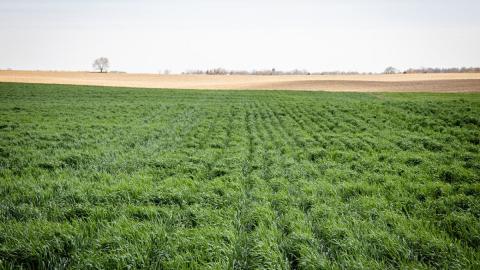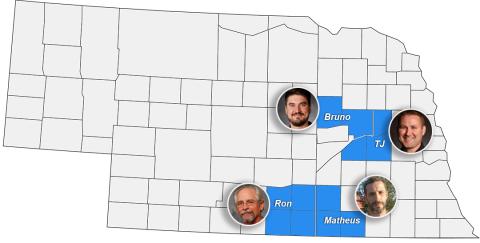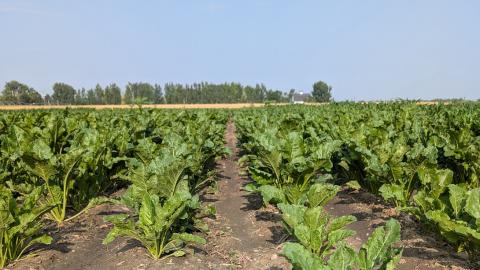Full Soil Water Profile Encouraged to Finish Crops Before Harvest
August 26, 2024
As surface/canal water usually curtails mid-September, extension recommends that Nebraska Panhandle producers ensure their soil water profiles are full to sustain crops through to harvest.
This Week on N Field: Key Management Decisions After Hail Damage
August 23, 2024
Understand the immediate and long-term impacts of hail on your crops and learn best practices for assessing damage and planning effective interventions.

USDA NASS to Collect 2024 Small Grain Production and Stocks Data
August 23, 2024
The results of the small grains survey are used by numerous agencies within the agricultural industry to make a wide range of decisions that benefit producers.
Estate Planning: Stepped-up Tax Basis
August 23, 2024
The stepped-up basis provision is particularly advantageous in estate planning for farmers and ranchers due to the significant appreciation of agricultural assets over time. Learn more in this article from extension.
Cover Crop Utilization, Implications for Cropland Lease Arrangements in 2024
August 23, 2024
The long-term environmental benefits of cover crops often extend beyond the duration of current lease agreements, leading to considerations in lease negotiations, particularly regarding rental discounts for tenants who plant cover crops.
Family Business Meetings
August 22, 2024
Gain insights and practical tips to enhance communication and productivity in your family-run operation in this webinar designed for farmers and ranchers.
Extension Crop and Pest Reports (Aug. 19-23)
August 22, 2024
Extension educators share their observations in fields across Nebraska this week.
USDA Grants Boost Husker Research on Sugar Beet Nitrogen Management, Agroforestry
August 21, 2024
UNL's research on sustainable nitrogen management for sugar beet production will directly involve 50 growers in Nebraska and Colorado, with a focus on optimizing sugar yield while promoting environmental sustainability.


